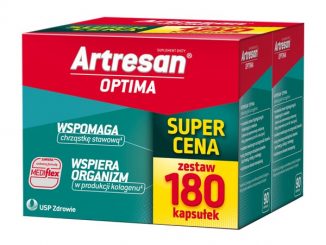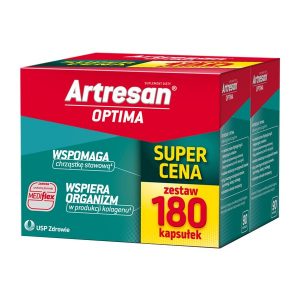The properties of Rosehips
Rosa canina (common name is Dog rose in English, نسترن وحشی in Persian, escaramujo-tapaculo in Spanish and ورد الکلب-ورد السياج- النسرين in Arabic) is a member of Rosaceae family(1109).
Rosehips are well known for their various health benefits like strengthening the immune system and treating digestive disorders. Antioxidant, anti-inflammatory, and cell regenerative effects are also among their health enhancing impacts. Rosehips are rich in compounds having antioxidant properties, like vitamin C, carotenoids, and phenolics.
Approximately, 129 chemical compounds have been isolated and identified from rose hip. This fruit contains some major active components such as flavonoids, tannins, anthocyanin, phenolic compounds, fatty oil, organic acids and inorganic compounds. Scientific studies have suggested a wide range of pharmacological activities for rose hip including antioxidant, anti-inflammatory, anti-obesity, anti-cancer, hepatoprotective, nephroprotective, cardioprotective, antiaging, anti H. pylori, neuroprotective and antinociceptive activities. In particular, the rose hip powder and extract have been reported to exert therapeutic effects on arthritis.
The effectiveness of rosehip has been assessed in OA and RA patients. The outcomes of these studies were as follows: the patients, who have suffered from OA, have experienced alleviation in pain, rescue medication consumption, and stiffness and a significant reduction in CRP which have been observed after treatment with this plant(1110). It should be noted that anti-inflammatory effect of rosehip refers to the seed, but not its shell. The latter claim has been substantiated via two clinical studies which have been done on OA patients. Likewise, rosehip powder has reduced ESR and improved quality of life in RA patients; thus, it might be used as a supplement besides the standard treatment of RA(1111). In contrast, 10 g of rosehip powder per day, during 1 month, has no anti-inflammatory effect on patients with RA(1112). The ethanol extract of rosehip was fractioned by some solvents with different polarity; ethyl acetate and butanol fraction have had anti-inflammatory effects in delayed phase of inflammation process through inhibition of PGE1 in mice(1113). Since n-hexane and dichloromethane extracts of this plant's fruit have had a downregulatory effect on COX-1, COX-2, and LTB4, these fractions are rich sources of unsaturated fatty acids(1109). Galactolipid is an active component in rosehip powder which its NO inhibitory potential has been confirmed through laboratory and in vitro studies.(1069)



























































